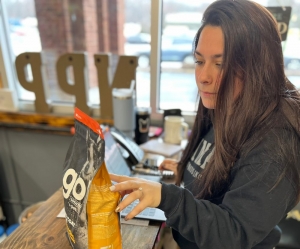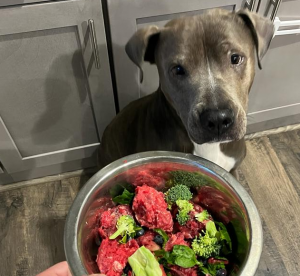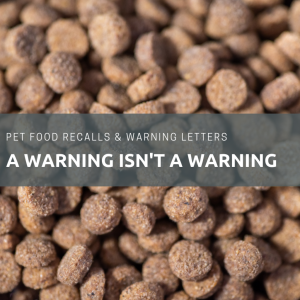 https://www.northpointpets.com/wp-content/uploads/2023/03/PHOTO-2023-01-14-10-23-27-e1677594657372-1001x1024-1-e1684163414260.jpg
829
1000
Morgan Laudano
https://northpointpets.com/wp-content/uploads/2022/08/NPP_nav_color-1-300x94.png
Morgan Laudano2023-02-28 16:57:432023-05-15 15:10:58Morgan’s VMX Recap
https://www.northpointpets.com/wp-content/uploads/2023/03/PHOTO-2023-01-14-10-23-27-e1677594657372-1001x1024-1-e1684163414260.jpg
829
1000
Morgan Laudano
https://northpointpets.com/wp-content/uploads/2022/08/NPP_nav_color-1-300x94.png
Morgan Laudano2023-02-28 16:57:432023-05-15 15:10:58Morgan’s VMX Recap https://www.northpointpets.com/wp-content/uploads/2023/03/PHOTO-2023-01-14-10-23-27-e1677594657372-1001x1024-1-e1684163414260.jpg
829
1000
Morgan Laudano
https://northpointpets.com/wp-content/uploads/2022/08/NPP_nav_color-1-300x94.png
Morgan Laudano2023-02-28 16:57:432023-05-15 15:10:58Morgan’s VMX Recap
https://www.northpointpets.com/wp-content/uploads/2023/03/PHOTO-2023-01-14-10-23-27-e1677594657372-1001x1024-1-e1684163414260.jpg
829
1000
Morgan Laudano
https://northpointpets.com/wp-content/uploads/2022/08/NPP_nav_color-1-300x94.png
Morgan Laudano2023-02-28 16:57:432023-05-15 15:10:58Morgan’s VMX Recap
Our Top 3 Greens to Add and Why
Green vegetables contain important nutrients and fibers that can help to support the growth of healthy...

The Good, Better, and Best Dental Care for Your Pet
Your pet’s dental health is an important piece of their overall health and wellness. Oral disease can be caused...

An ‘FDA Warning Letter’ is not just a ‘Warning’
If you’re just catching up, Midwestern Pet Foods (manufacturer of Earthborn, ProPac, SportMix, CanineX...

Keep Your Pet’s Heart Healthy. Without Changing Their Food
When your pet is diagnosed with a heart dysfunction or heart…

When a Simple Switch for Hades Meant Big Changes
When our loyal customer, Brandon shared his "raw story" with…

The Importance of Dental Health in Dogs and Cats
February is here and what that entails in the animal world is…

Monday
Tuesday
Wednesday
Thursday
Friday
Saturday
Sunday
Tuesday
Wednesday
Thursday
Friday
Saturday
Sunday
10am – 6pm
10am – 7pm
10am – 6pm
10am – 7pm
9am – 6pm
9am – 5pm
10am – 4pm
10am – 7pm
10am – 6pm
10am – 7pm
9am – 6pm
9am – 5pm
10am – 4pm
DIY Dog Wash closes one hour prior to store close.
Newsletter Sign-Up
Subscribe to get weekly tips, seasonal advice, and be the first to know about events, new products, sales, and more.
Newsletter Sign-Up
NorthPoint Pets is consistently recognized for excellence



In-Store Updates
/ NorthPoint PetsHoliday hours and in-store updates for late December and early January.
Meet the Team: Q&A with Alyssa Trifone
/ NorthPoint PetsMeet Alyssa! Her curiosity and care for all creatures, big and small, led her to NPP. She shares her journey, her favorite finds, and life with her pets.
Black Friday Burnout? Shop Small & Save Big
/ NorthPoint PetsShop Small Business Saturday at NorthPoint Pets with 9AM–Noon savings, free goodie bags, a cat-family bonus, and NPP Cash rewards all afternoon.
Closing early Sunday 11/16 at 3:00 PM
/ NorthPoint PetsIt’s the one time each year our entire NorthPoint Pets team gets to sit down together, share a meal, and celebrate the people who make this place possible.
Fleas & Ticks Don’t Take the Winter Off: What We Use
/ Nicole R. CammackIn Connecticut, fleas and ticks don’t take the winter off. We share the safe, effective products our team trusts to help keep your pets protected year-round.
Halloween Party at NorthPoint Pets
/ NorthPoint PetsStop by Saturday, November 1 for some spooky fun with your NPP team! Bring your pet in costume for a free goodie bag with purchase, snap a photo at our ghostly photo op, and grab a Spooky Mystery Bag with a bonus $10 in NPP Cash. Exclusions apply. Click to learn more
Influencer Approved, Science Denied: Navigating the Pet Industry’s Marketing Maze
/ Nicole R. CammackPetfood trends are driven by marketing, not science. Learn how to cut through the noise and choose products that actually support your pet’s health.